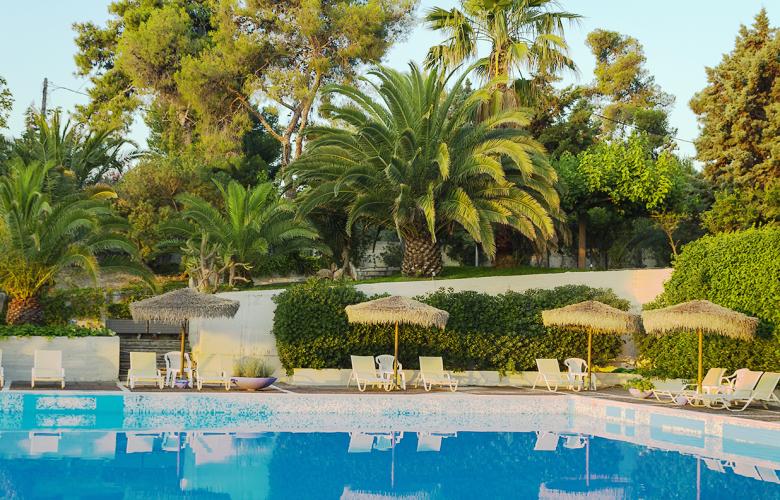BMT shares how hotel operators can get the most out of their renovation spend
Contact
BMT shares how hotel operators can get the most out of their renovation spend
Smart spending leads to increased deductions, higher returns and a sustainable budget, according to BMT Tax Depreciation.
Smart spending leads to increased deductions, higher returns and a sustainable budget.
A burning hole in the pocket is what hotel operators usually picture when thinking about renovating their property. However, understanding current tax deduction incentives can completely flip this belief.
What is the difference between a repair and renovation?
The Australian Taxation Office (ATO) are very specific when it comes to defining a repair and improvement.
A repair is considered work completed to fix damage or deterioration of a property, such as replacing part of a rusted gutter or a hole in a wall. A repair is an expense that can be claimed in full in the same financial year.
Renovations are usually called capital improvements in taxation lingo. It is where the condition or value of an item is improved beyond its original state. When an asset is replaced or a structure has been improved, it can be claimed as either a capital works or plant and equipment deduction.
To repair or renovate?
Deciding whether to repair or renovate can be a costly decision. While both mean spending money, renovating and replacing assets is always a bigger cost that you can usually only recoup through depreciation over several years.
Despite this, sometimes biting the bullet and spending the money now is a better decision for the long term.
For example, if you are constantly needing the repair parts of the flooring of your hotel, choosing to replace it with new flooring may be more viable. Not only would this make the space more appealing to visitors, but it’s also an example of an instant deduction you can now claim under new legislation.
Renovating with the full-expensing policy
The full-expensing policy introduced in the 2020-21 Federal Budget is one of the biggest business incentives in history. Under the policy, any business with an aggregated turnover of up to $5 billion can instantly write off any new plant and equipment asset purchased after 6 October 2020 and before 1 July 2022. Some businesses may be able to instantly deduct second-hand assets, but it depends on their aggregated turnover.
This means if an eligible business completed a renovation that included $2 million worth of plant and equipment assets this year, they can write-off the full amount at tax time. Just being aware of how this works can make the decision of whether to renovate or repair an asset much easier.
Claim-back makes renovating more appealing
If hotel operators are still unsure whether to repair or renovate, the new claim-back incentive could help them lean towards the latter.
The business claim-back incentive on offer allows businesses with an aggregated turnover of up to $5 billion to apply tax losses against tax profits from a previous financial year. This, in conjunction with the full expensing policy, can help hotel owners get very healthy tax returns.
To help us understand how this works, let’s use the $2 million renovation discussed earlier. If the hotel operator completed this renovation in the FY 2020-21, they could apply this $2 million loss to their taxable income for the FY 2019-20. Their accountant would submit this at lodgement and the significant deduction could result in them not paying tax for the 2020-21 financial year, or even receiving a tax refund.
Claim high deductions with the depreciation specialist
Hotel operators can start claiming the most depreciation deductions possible with BMT Tax Depreciation. Their comprehensive commercial tax depreciation schedules ensure maximum deductions are claimed and every incentive on offer is used.
Find out how much depreciation you can claim from your hotel with an obligation-free quote from BMT.
More from BMT:
Business pool lucrative for small hotel owners - BMT Tax Depreciation
Reducing fit-out costs when refurbishing your hotel function centre - BMT Tax Depreciation







